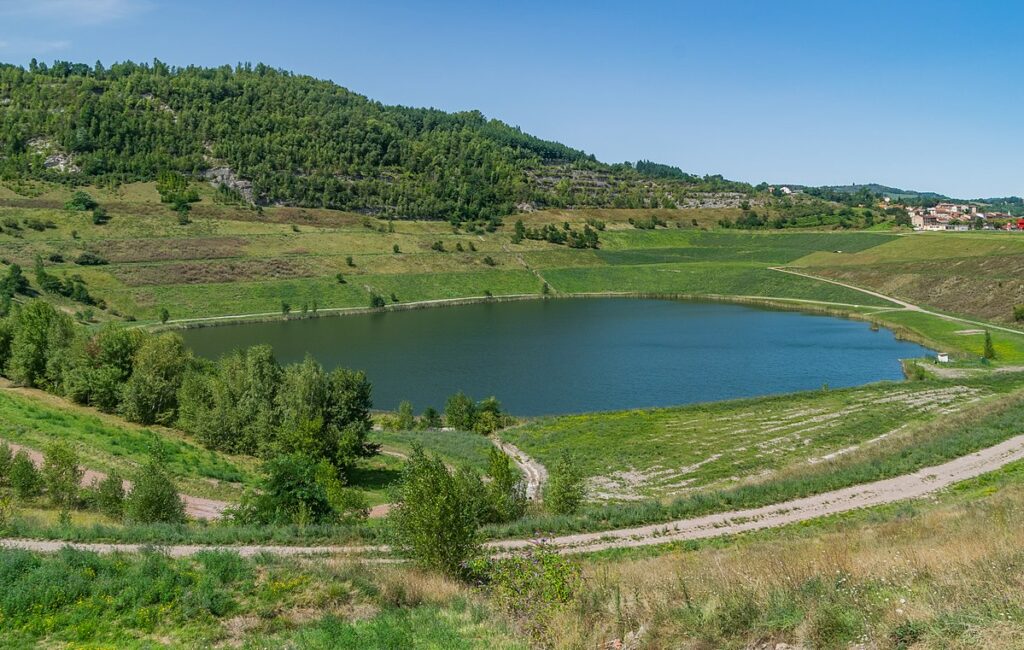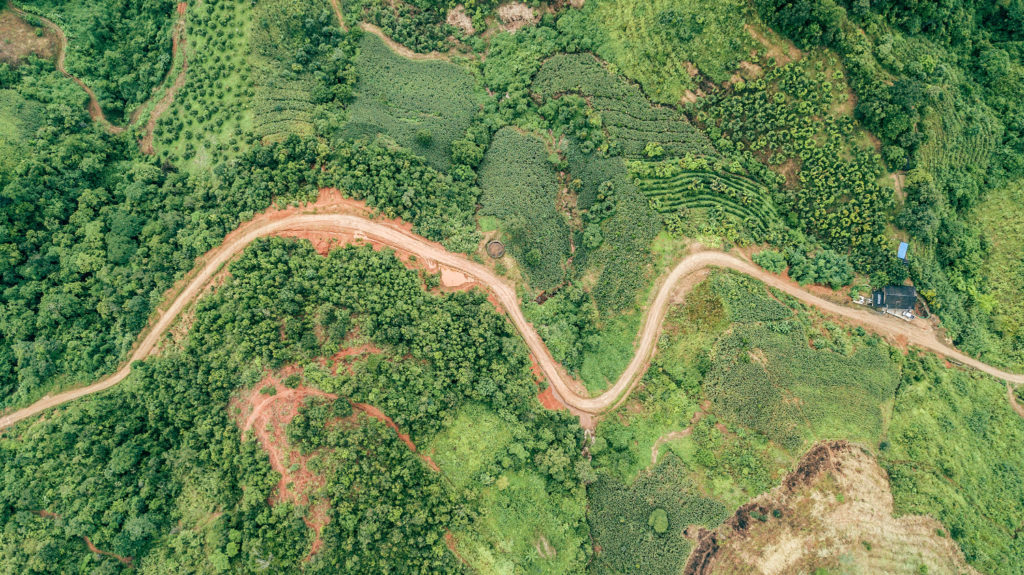Mining operations can impact surrounding communities, ecosystems, and economies, both positively and negatively. Impact management entails identifying, assessing, mitigating, and monitoring the potential social, economic, and environmental effects of mining activities. Therefore, effective impact management is crucial to ensure responsible and sustainable mining practices.
The goal of impact management in mining is to balance the economic benefits of mining with the need to protect the environment and the well-being of local communities. Many mining companies are increasingly adopting sustainable and responsible practices to minimize their footprint and contribute positively to the areas where they operate.
Program Design
Mining companies need to invest a significant amount of time and effort to ensure robust program design that sets clear target outcomes from the outset. This clarity helps identify the problem to solve, the specific contribution to make, and what is needed to close the gap or achieve the desired change.
As impact management requires a significant time commitment during program implementation and resources to ensure someone collects and analyzes impact data from initiatives on the ground, companies are investing more in tools that help local teams simplify how they monitor and respond to impacts in real-time. Platforms and IT applications often provide valuable assistance in systematizing impact data, reducing errors in manual entries, and facilitating access to data analysis and result interpretation for local teams when needed.
Data Collection
Another crucial aspect necessitating an impact data collection process is aligning with a company’s commitment to reporting reliable and accurate data as part of their ESG reporting. With the expanding universe of ESG standards and frameworks, companies must establish data quality control and assurance systems to meet data availability requirements for sustainability reporting.
Collaboration
Finally, it’s critical to ensure that local team members have the knowledge and capacity to implement the impact management and reporting systems that are put in place. In late 2023, the Lundin Foundation team worked with Lucara Diamond to train local team members from the Karowe mine on project and impact Management in Letlhakane, Botswana. The training aimed to enhance understanding of how impact management integrates into a project lifecycle and how to define target outcomes and corresponding key performance indicators (KPIs).
The workshop covered topics related to program design, understanding impact chains, SMART criteria for selecting appropriate metrics, and defining an impact pathway for long-term programs. The most notable part of the workshop was the cross-functional representation. Mining impacts can be generated from a wide range of activities on and around the mine site so having it was extremely valuable to bring together team members from supply chain, human resources, environment, health and safety, community relations and the Underground expansion project.
At the Lundin Foundation, we aim to continue assisting the Lundin Group’s social teams in better integrating impact management into their portfolios. It has become a critical tool for informing the allocation of social investment resources to achieve greater impact for our program beneficiaries.



